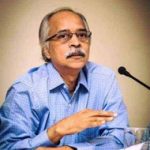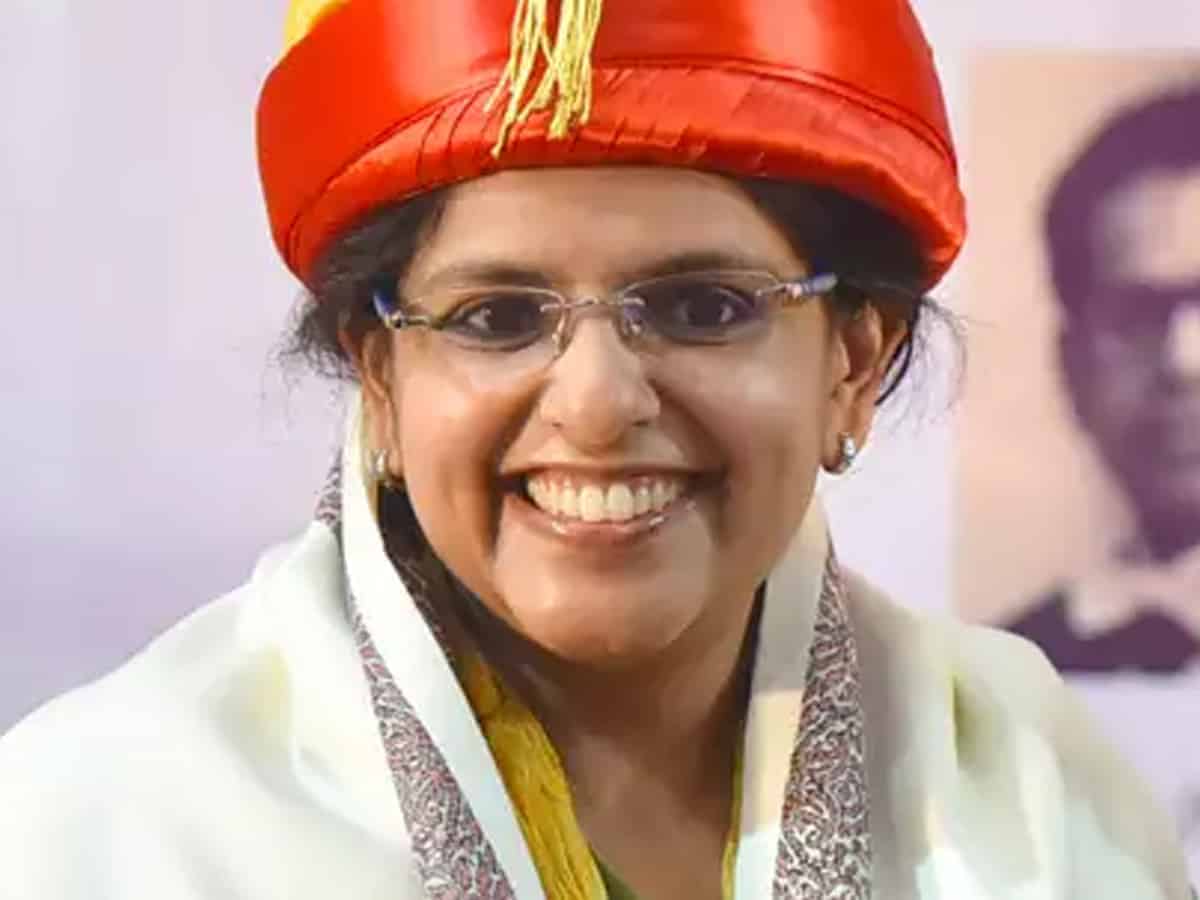
India’s first test tube baby, Kanupriya Agarwal aka Durga is a happy 43- year-old person today. Born in Pune on October 3, 1978, she represents both the success and advancement of In Vitro Fertilisation (IVF), a technique which has brought hope to millions of couples.
Interestingly, she is the world’s second test tube baby born just 70 days after Louise Joy Brown first created history being delivered on July 25 in England by Dr Robert Edwards and Dr Patrick Steptoe. Dr Edwards went on to win the Nobel Prize in Medicine and Physiology in 2010.
The IVF therapy is recognised as one of the ‘milestones of modern medicine’ by the Nobel Committee and a remarkable medical breakthrough of the 20th century. Around eight million babies have been born since 1978 through different assisted reproduction technologies, including IVF. India has been one of the countries to extensively achieve progress in this field too.
Unsung hero of India’s IVF
While Kanupriya Agarwal has moved on and also turned into the mother of an 8-year-old child, the story of the Indian doctor who pioneered the IVF in the country has not been anywhere near rosy. In fact, Dr Subhash Mukhopadhyay, who led the team that successfully delivered Kanupriya remains an unsung hero. More tragic is the doctor dying from suicide in 1981, just three years after his feat, allegedly due to harassment by ‘Officialdom’ and unable to share his team’s achievements with the international scientific community.
That the Academy of Clinical Embryologists (ACE) should again raise a demand for the national recognition of Dr Mukhopadhyay’s contributions with a Bharat Ratna on the occasion of the 43rd birthday of Kanupriya at a function in the NRS Medical College, Kolkata, bears testimony to the neglect of the pioneering efforts.
According to reports, led by ACE, former students and doctors of the NRS Medical College (where Mukhopadhyay worked), a bust of Mukhopadhyay was unveiled and the boys hostel named after him today in the presence of Kanupriya Agarwal. The West Bengal Governor, Jagdeep Dhankar, who received the petition, promised to forward it to the Centre.
Ironically, Dr Mukhopadhyay, who was born in Hazaribagh, Jharkhand passed away at the age of 50 in 1981, a ‘dejected and rejected’ man. He had studied at the Calcutta National Medical College and pursued higher studies in University of Edinburgh. He did extensive research and studies in IVF, Reproductive Health and Endocrinology.
His life is supposed to be the basis for the Hindi movie ‘Ek Doctor Ki Maut ( Death of a Physician) by Tapan Sinha.
Controversy and ethical issues
Controversy dogged the feat of the Indian doctors. The baby was named ‘Durga’ to ensure privacy. Unlike, in Britain, where the birth of Louise Brown kicked up ethical issues and debate, in India it led to professional ostracism of the doctors too. So much so that the huge achievement got pushed under the carpet.
In 1986, ‘test tube’ baby Harsha delivered in the KEM Hospital, Mumbai under the guidance of noted gynaecologist, Dr Indira Hinduja hit headlines. Some even hailed it as India’s first, given the controversy surrounding Dr Mukhopadhyay. However, in the mid 1990’s, the controversy was out to rest, after the IVF technique started gaining acceptance and some scientific enquiry done.
Harsha’s birth triggered the much felt opportunity for helping couples unable to produce children naturally. According to the Indian Council of Medical Research (ICMR), nearly 10 percent of couples in India face infertility issues. Some of these being like low sperm count, infections and erectile dysfunction in males, damaged fallopian tubes, low egg production and fibroids in females.
Modern lifestyle, demands of work, travel and stress too have also started adversely affecting fertility among urban populations, say experts.
What is IVF, Test Tube babies
In Vitro Fertilisation (IVF) is a procedure in which the mature eggs are collected from the ovum of a woman and fertilised outside the body with a partner or donor’s sperm. The zygote thus created is implanted into the uterus and serves as the embryo. The test tube baby is a misnomer but a popular name for the procedure (from experiment) which is carried out in a Petri dish outside the body.
The success rates at present for the IVF technique is close to 30-35 percent. However, experts advise that the procedure should be undertaken at registered and responsible practitioners. The reason being the proliferation of clinics offering this procedure across India and the lack of established regulations and unrealistic claims.
The ICMR has set up a National Registry of ART (Assisted Reproductive Technology) Clinics and Banks to establish a database of facilities a few years ago. A Draft Assisted Reproductive Technology (Regulation) Bill of 2017, which aimed to regulate and supervise ART Clinics to prevent misuse and ensure safe and ethical practises has been updated, approved by the Union Cabinet and referred to a Parliamentary Select Committee in October 2020.
The Union government has also introduced two more bills in the parliament titled the Surrogacy Regulation Bill 2020, and the approval of the Medical Termination of Pregnancy Amendment Bill 2020. These legislative measures are important path steps to protect women’s reproductive rights.
It is important that these Bills be passed and a strict regulation put in place. In addition to higher costs, the mental trauma that a couple, especially the woman can undergo in India after IVF is very high, caution experts. According to some estimates, there are 400-450 IVF registered clinics in India (3-4 times more that are yet to be registered) that even treat those coming from abroad due to the comparatively lower costs and, in some cases, seeking Indian donor eggs and surrogates.
Even in the developed countries, including the UK, where it was pioneered, the success rates vary with age of the women. It ranges from 35 percent among the younger to 20 percent in just over 40 years of women, according to information. In some countries, the procedure has been liberalised to allow same sex couples and single mothers to opt for the technique.
Somasekhar Mulugu, former Associate Editor & Chief of Bureau of The Hindu BusinessLine, is a well-known political, business and science writer and analyst based in Hyderabad.

